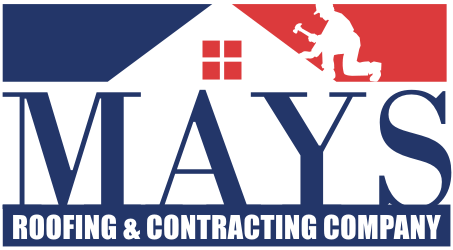What Are the Benefits of Installing a Green Roof?
Green roofs, also known as living roofs, are increasingly recognized for their environmental, economic, and aesthetic benefits. These structures involve growing vegetation on rooftops, which can significantly enhance urban landscapes. In this article, we will explore the various advantages of installing a green roof.
Environmental Benefits
Stormwater Management
One of the primary environmental benefits of green roofs is their ability to manage stormwater effectively. They absorb rainwater, which reduces runoff and mitigates flooding. This is particularly important in urban areas where impermeable surfaces dominate.
Reduced Urban Heat Island Effect
The urban heat island effect occurs when urban areas experience higher temperatures than their rural surroundings. Green roofs help combat this phenomenon by providing insulation and reducing heat absorption in buildings. This not only cools the surrounding air but can also decrease energy consumption for cooling purposes.
Improved Air Quality
Vegetation on green roofs helps filter pollutants from the air, improving air quality. Plants absorb carbon dioxide and release oxygen, contributing to a healthier urban environment. Green roofs can also capture particulate matter, further enhancing air cleanliness.
Biodiversity Enhancement
Green roofs can serve as habitats for various species, including birds, insects, and other wildlife. By creating green spaces in urban settings, these roofs promote biodiversity and facilitate ecosystem functions, supporting both native flora and fauna.
Economic Benefits
Energy Efficiency
Installing a green roof can lead to significant savings in energy costs. The insulation properties of soil and vegetation reduce the need for heating in the winter and cooling in the summer, which lowers energy bills over time.
Increased Property Value
Properties with green roofs often see an increase in value. The aesthetic appeal, combined with energy savings and environmental benefits, makes these buildings attractive to potential buyers. Moreover, they may qualify for tax incentives or grants, further boosting property value.
Extended Roof Lifespan
Green roofs can extend the lifespan of the underlying roof structure. The vegetation protects roofing materials from UV radiation, extreme temperatures, and physical damage. This can mean lower maintenance and replacement costs in the long run.
Aesthetic Benefits
Enhanced Urban Aesthetics
Green roofs provide a natural appearance in urban settings, enhancing the visual landscape. They can transform drab, concrete rooftops into lush, green spaces that contribute positively to the urban skyline.
Access to Green Spaces
In densely populated areas, access to natural spaces may be limited. Green roofs can offer residents and building occupants a chance to enjoy greenery, fostering a connection to nature. These spaces can be designed as gardens, recreational areas, or simply as green vistas.
Public Health Benefits
Improved Mental Health
Exposure to green spaces has been linked to improved mental health. Green roofs can provide a serene environment that promotes relaxation and well-being. They may also offer therapeutic benefits through community gardening activities.
Reduction of Noise Pollution
Green roofs can act as sound insulation, helping to reduce noise pollution in urban environments. The layers of vegetation and soil absorb sound frequencies, creating a quieter atmosphere for building occupants.
Challenges and Considerations
Initial Installation Costs
While green roofs offer numerous benefits, the initial installation costs can be high. However, the long-term savings and advantages often outweigh these upfront costs. Careful planning and design can optimize budgetary considerations.
Maintenance Requirements
Maintaining a green roof requires commitment. Regular watering, weeding, and monitoring are essential to ensure the health of the vegetation. Choosing low-maintenance plant species can mitigate some of these demands.
Structural Support
Not all buildings are equipped to support the additional weight of a green roof. Structural assessments are crucial before installation to ensure that the building can withstand the added load of soil and plants.
Conclusion
Installing a green roof offers numerous environmental, economic, and aesthetic benefits that can significantly enhance urban living. From improved air quality and stormwater management to increased property value and mental well-being, green roofs play a vital role in creating sustainable and livable cities. While there are initial costs and maintenance considerations to address, the long-term advantages often justify the investment.
Embracing green roofs can lead to healthier communities, reduced environmental impact, and an aesthetically pleasing urban landscape. As more people recognize these benefits, the trend toward green roofs is likely to continue growing, marking a shift toward sustainable urban living.





 Mays Contracting
Mays Contracting

